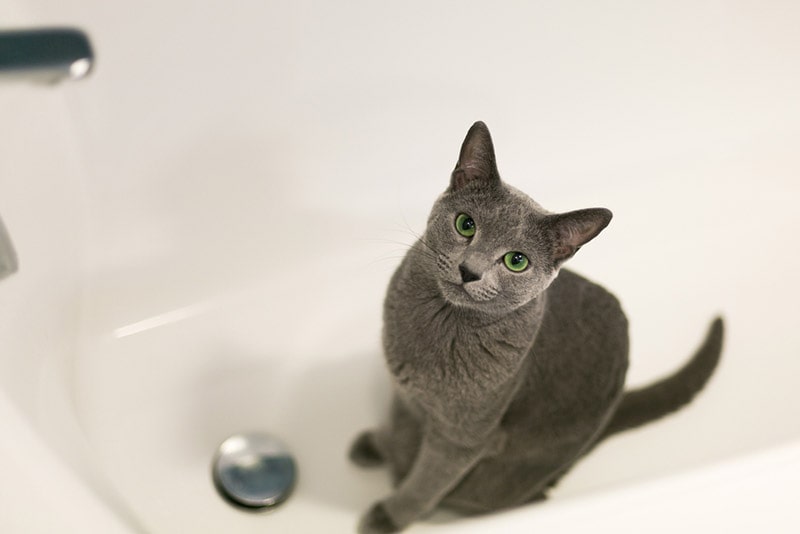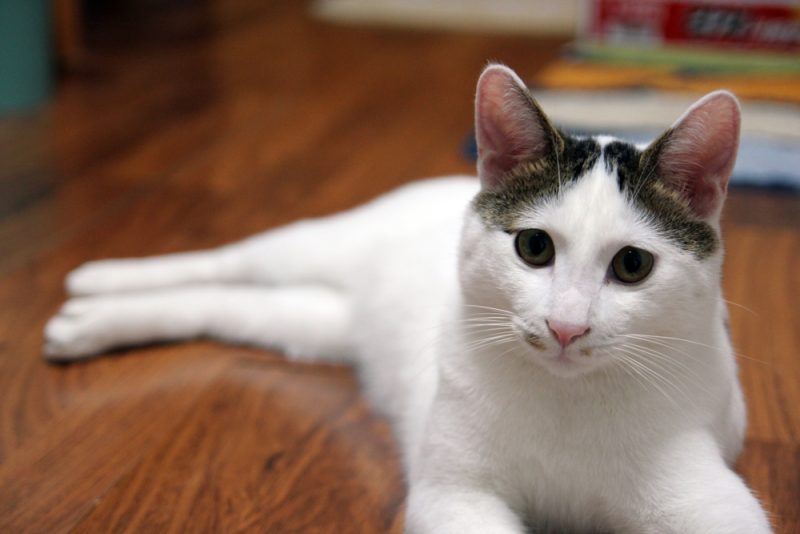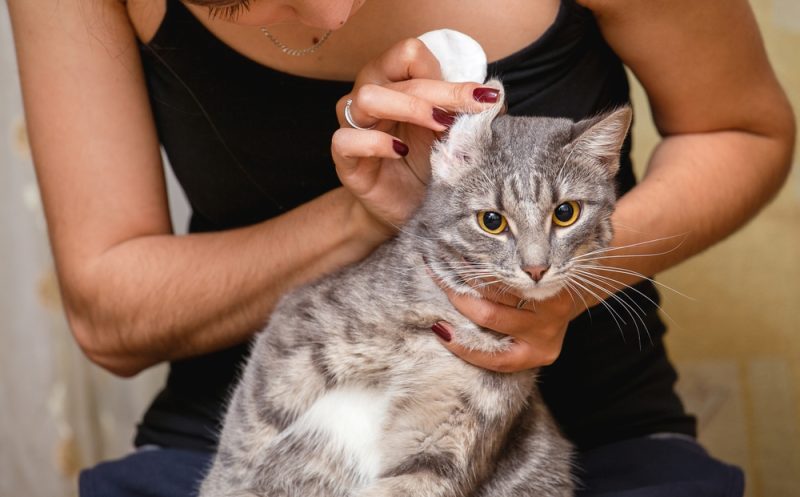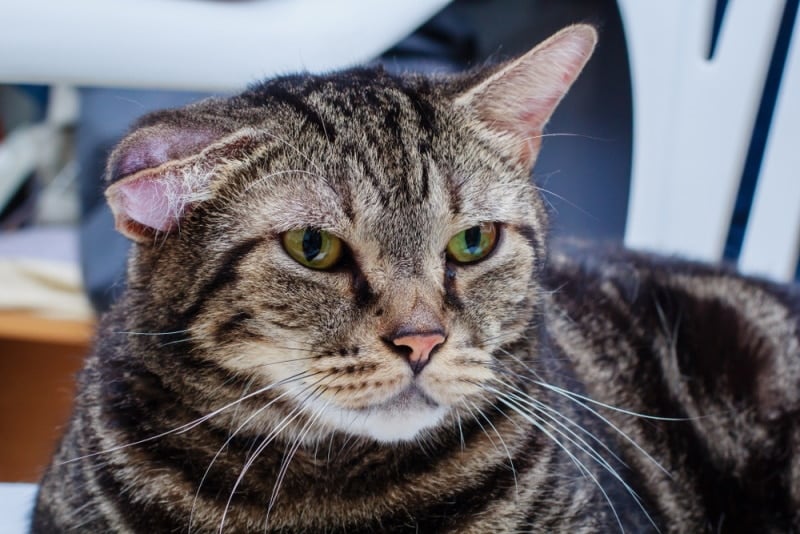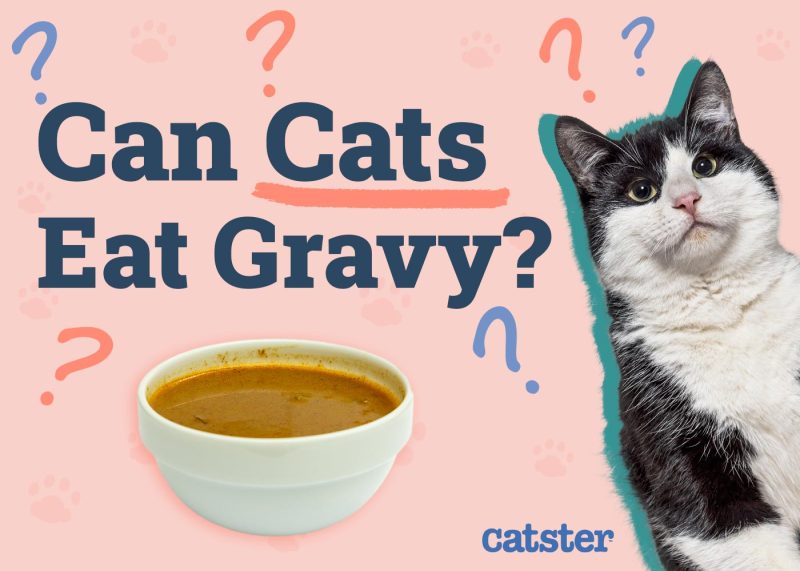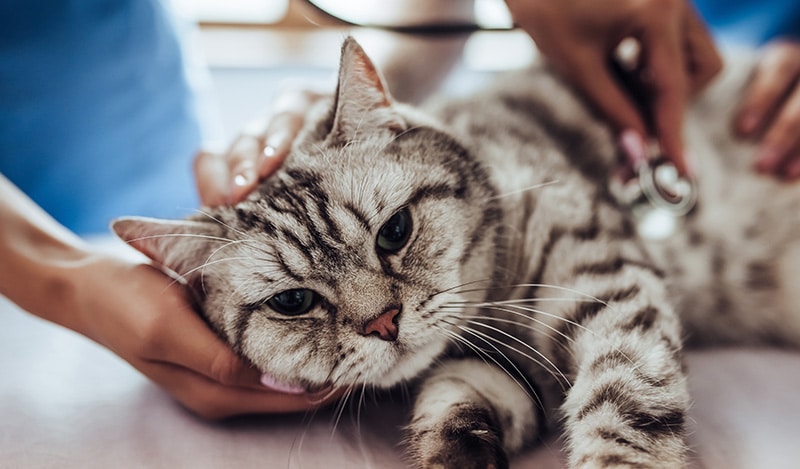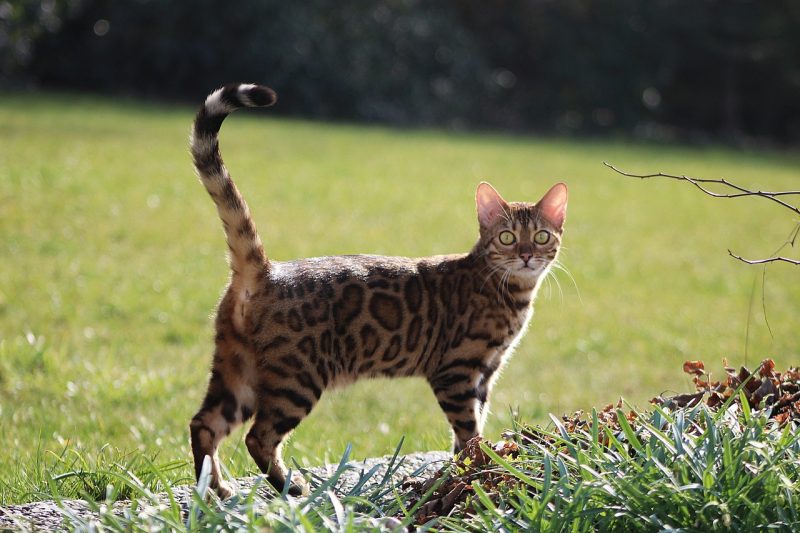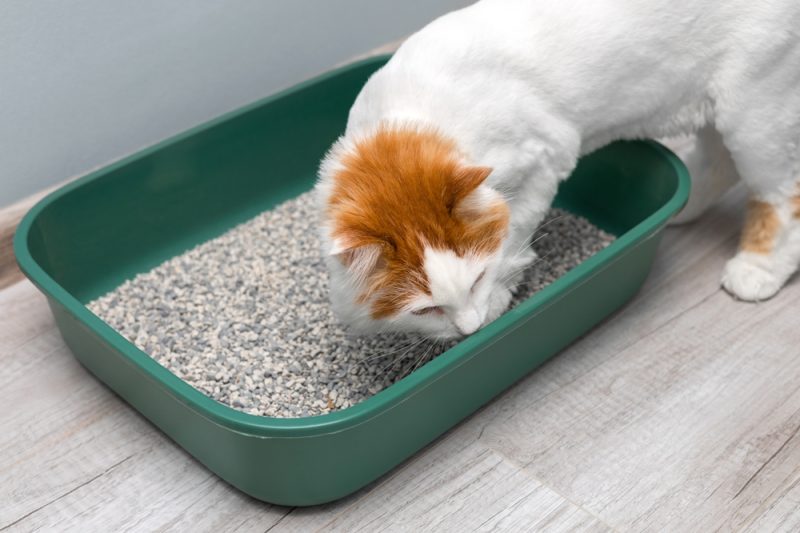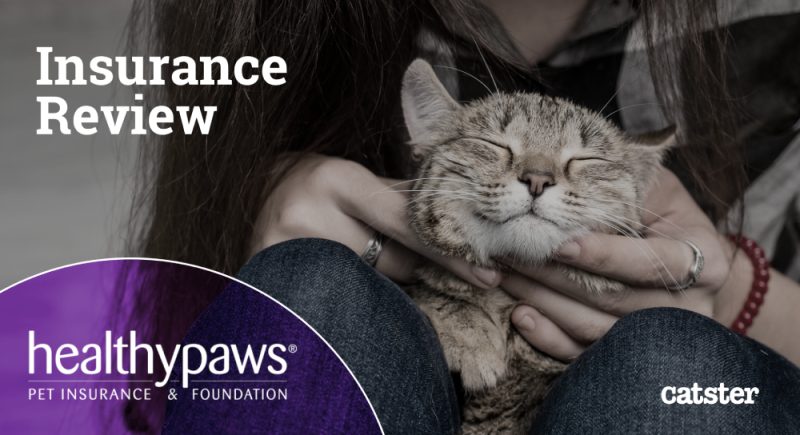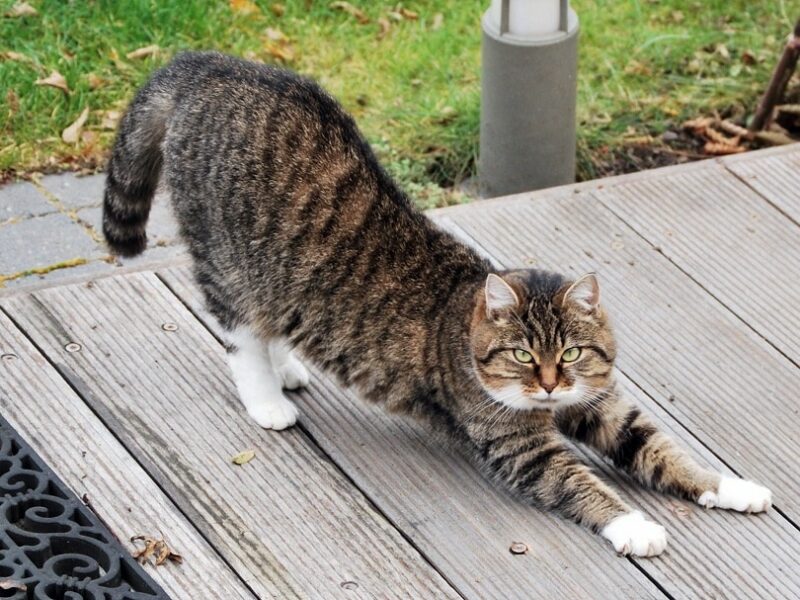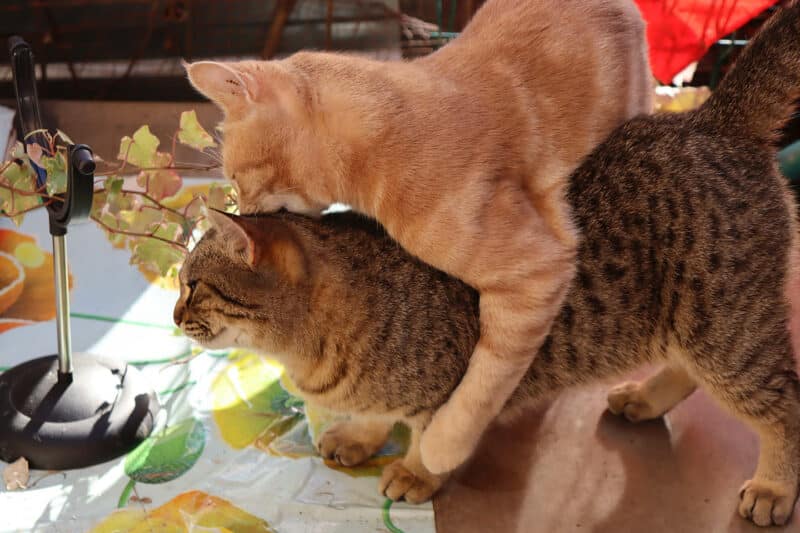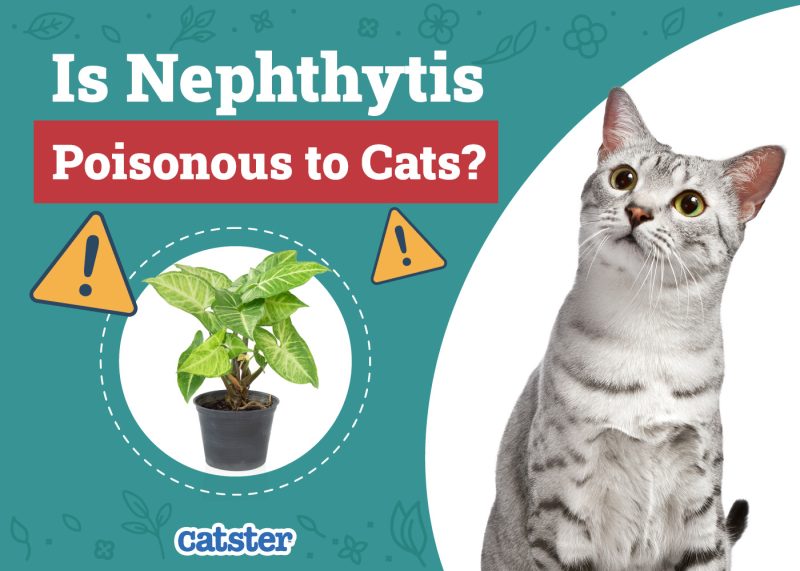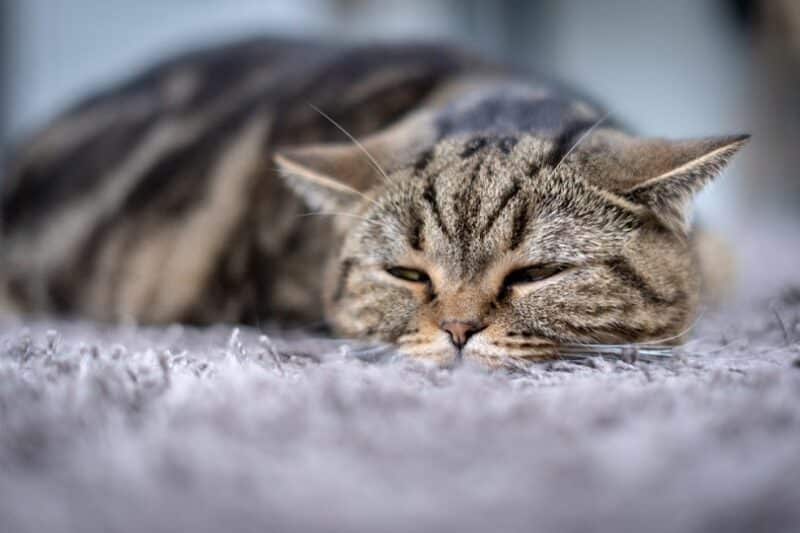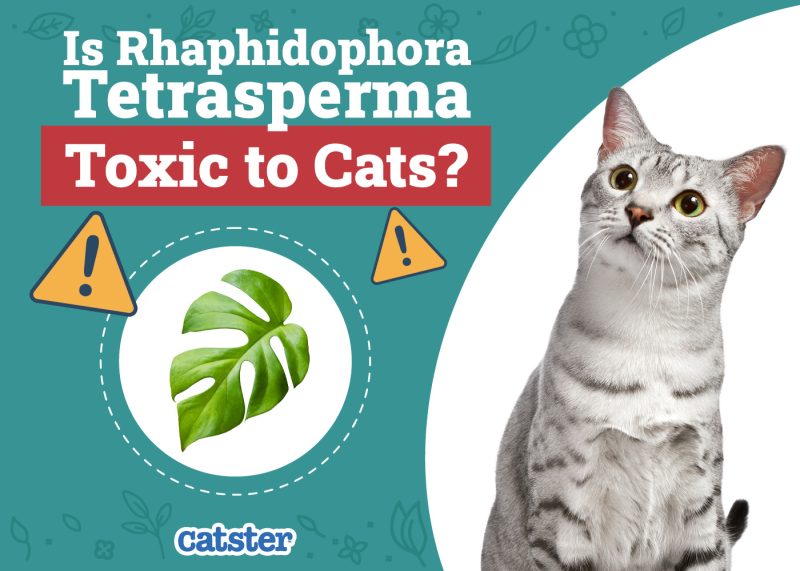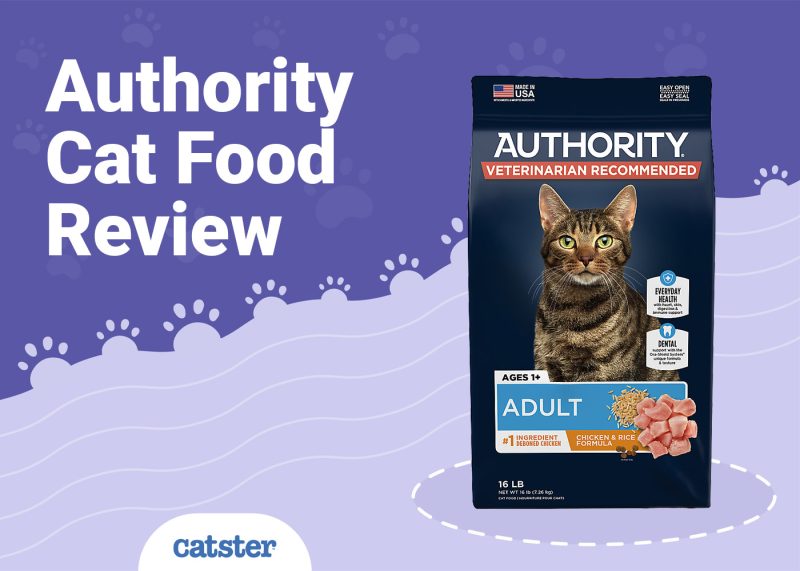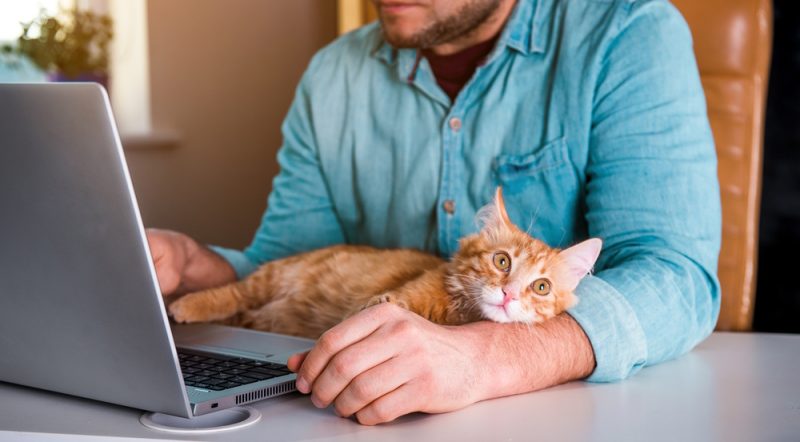If you’re a cat owner, you know how frustrating it can be when your cat poops or urinates anywhere in your home other than their litter box. It’s messy, smelly, and challenging to clean up! One popular place that cats seem to prefer over their litter box is the bathtub, the very place where you want to be as clean as possible.
There are usually a few reasons that your feline has abandoned their litter box in favor of the tub, sink, or shower. This issue is a fairly common behavior in cats and is primarily due to behavioral problems that are easy to address, but it can sometimes be the sign of a more serious underlying issue. In this article, we’ll discuss six common reasons your cat may be pooping in the tub and the steps you can take to fix it.

The 6 Reasons Your Cat Poops in the Tub
1. Behavioral Issues
Behavioral issues are the most common reason for your cat pooping in the tub. It could be due to drastic household changes that have caused your cat stress or improper litter box training. It is frequently a problem with kittens that are afraid of or haven’t been taught to use a litter box or with an adopted adult cat that never learned proper litter box etiquette.
This is the most common issue that causes cats to do their business somewhere other than their litter box and is the easiest to fix. First, rule out any stress that may have caused your cat to stop using the box, like a change of placement or lack of privacy, and make sure all is in order with their litter box. Using a litter box is instinctual for most cats, so ensuring the box is clean and located in a suitable, private location should entice them to use it. We suggest speaking to a vet for further advice.
If you need to speak with a vet but can't get to one, head over to PangoVet. It's an online service where you can talk to a vet online and get the advice you need for your pet — all at an affordable price!

2. Health Issues
Your cat may be suffering from an underlying health issue, such as diarrhea, and they may be unable to access their litter box in time. In those situations, the behavior is usually temporary and will typically stop once your cat feels healthy and happy again.
Although it may seem counter-intuitive, constipation could also be the cause. Constipation can be uncomfortable at best and painful at worst for your kitty, and they may associate this pain and discomfort with their litter box. Once they finally feel the need to do their business, they may choose a private place like the tub to avoid their litter box.
If you notice that your cat’s poop is runny, they may have diarrhea. This can have several causes, including a change of diet or too many unhealthy treats, but it could also be an infection. If their food is unchanged and in order, you may need to take them to your vet for a check-up.
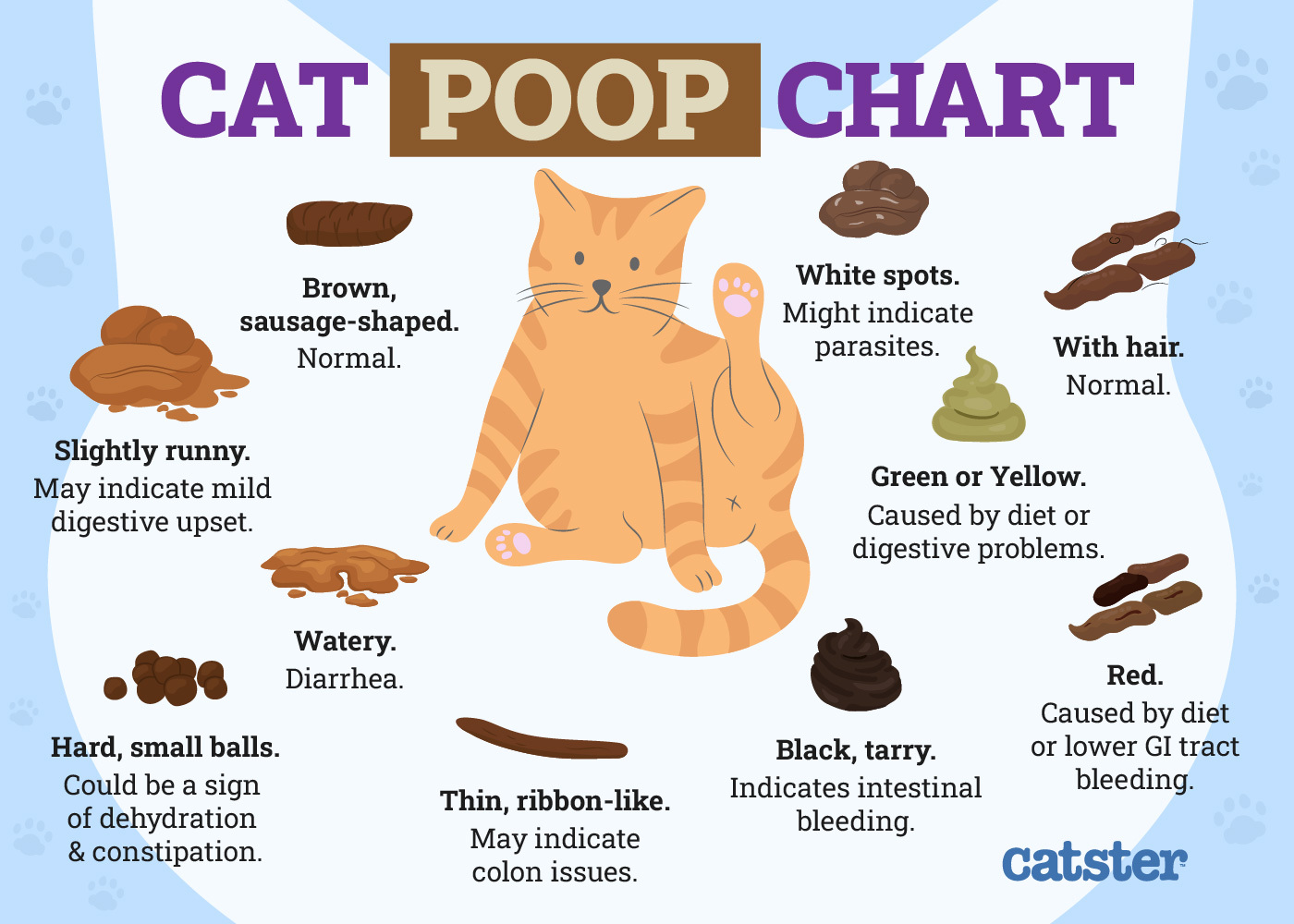
3. Stress
If something close to your cat’s litter box has frightened or stressed them out, they may associate this stress and fear with their litter box and choose to poop somewhere else. Cats can also easily get stressed by household changes, like new pets in the home or moving to a new home, and the stress may also cause them to stop using their litter box.
Try moving their litter box to a different spot in the house, which is quiet, calm, and private, where they won’t be bothered. If any drastic household changes are causing your cat stress, keep them away from your cat. For example, keep new pets away from the litter box location or give your cat their own space for a few days if you’ve moved to a new home. The behavior should rectify itself once your cat has stopped feeling stressed, anxious, or scared.
4. Litter Box Aversion
An accident or a stressful event may have caused your feline to be averse to their litter box, resulting in them using the tub as an alternative. Also, their box may be too small or difficult to access, or maybe you’ve purchased a new litter box that they are afraid of—a common occurrence with automated litter boxes.
It’s a good idea always to have an extra litter box. The standard rule of thumb is to have a litter box for each cat you own, plus another one. That way, if you decide to change their litter box to a new type or something has caused them to fear one litter box, they always have another option rather than the tub.
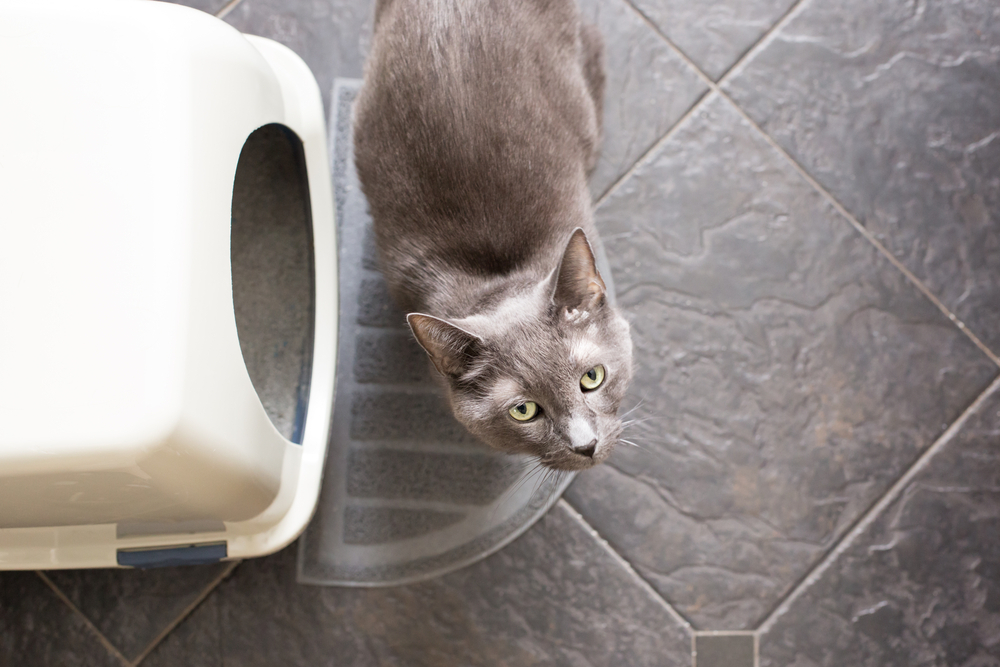
5. Cat Litter Aversion
Cats are notoriously fussy about everything from food to bedding to litter. If they do not enjoy the litter in their litter box, they may simply decide to do their business elsewhere. If you’ve made any recent changes to their litter, like buying scented litter or switching the brand, this may be causing the issue. Many types of cat litter are on the market, and your cat may have a favorite.
Try switching back to the old litter or take on the task of getting your cat used to the new litter. If they are similar, try mixing the two and slowly phasing the old one out.
6. Cognitive Dysfunction
Your feline may be pooping in the tub due to cognitive dysfunction. Older cats can develop cognitive issues similar to dementia in humans, which can lead to disorientation and pooping in places other than their litter box. They may even forget where their litter box is or wait to go until the last minute, resulting in pooping in the tub.
Old age may also cause anxiety, behavioral issues, and physical issues that may lead to the behavior. While this is just the natural progression of getting older, there are medications that can help. You’ll need to speak to your vet about appropriate treatments.

How to Effectively Clean Pet Messes, Odors & Stains the First Time
One of the toughest parts about cleaning pet messes is ensuring the job you’ve done is effective enough to prevent any repeats. Many products on the market claim to eliminate odors and lift stains, but only one product can truly neautralize the smells that can be easily picked up by the sensitive noses of our pets. These are enzyme cleaners!
Our Favorite Enzyme Cleaner
The Hepper Advanced Bio-Enzyme Pet Stain & Odor Eliminator Spray is our favorite enzyme cleaner out there. It permanently removes even the very worst kitty stains and smells, leaving your home fresh and clean! Click here to learn more about this amazing product and get yourself a bottle.
- ADVANCED ENZYMATIC CLEANER - Penetrates the most stubborn smells and stains at the deepest molecular...
- FOR ANY MESS, ON ANY SURFACE - This pet odor eliminator cleans your carpets, floors, furniture,...
- FRESH, NATURAL ODOR - Our unique formulation doesn't rely on dangerous or unpleasant chemical...
At Catster, we’ve admired Hepper for many years, and decided to take a controlling ownership interest so that we could benefit from the outstanding products of this cool cat company!

Conclusion
Your cat may be pooping in the tub for many reasons, most of which are fairly easy to solve. The leading cause is anxiety or aversion to their litter or litter box. Something has frightened them, or they simply don’t like the style of litter box or variety of litter. If none of the previous solutions work, there may be something more serious at hand, and you’ll need to take your cat for a check-up with the vet.
See also:
- Why Does My Cat’s Poop Smell So Bad? 8 Reasons & Solutions
- Reasons Your Cat Poops on the Bed & How to Fix it
Featured Image Credit: Irina Borodovskaya, Shutterstock
